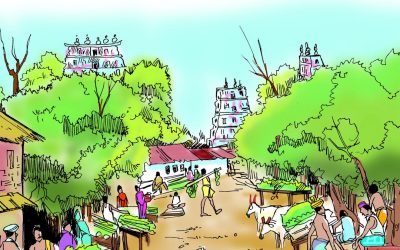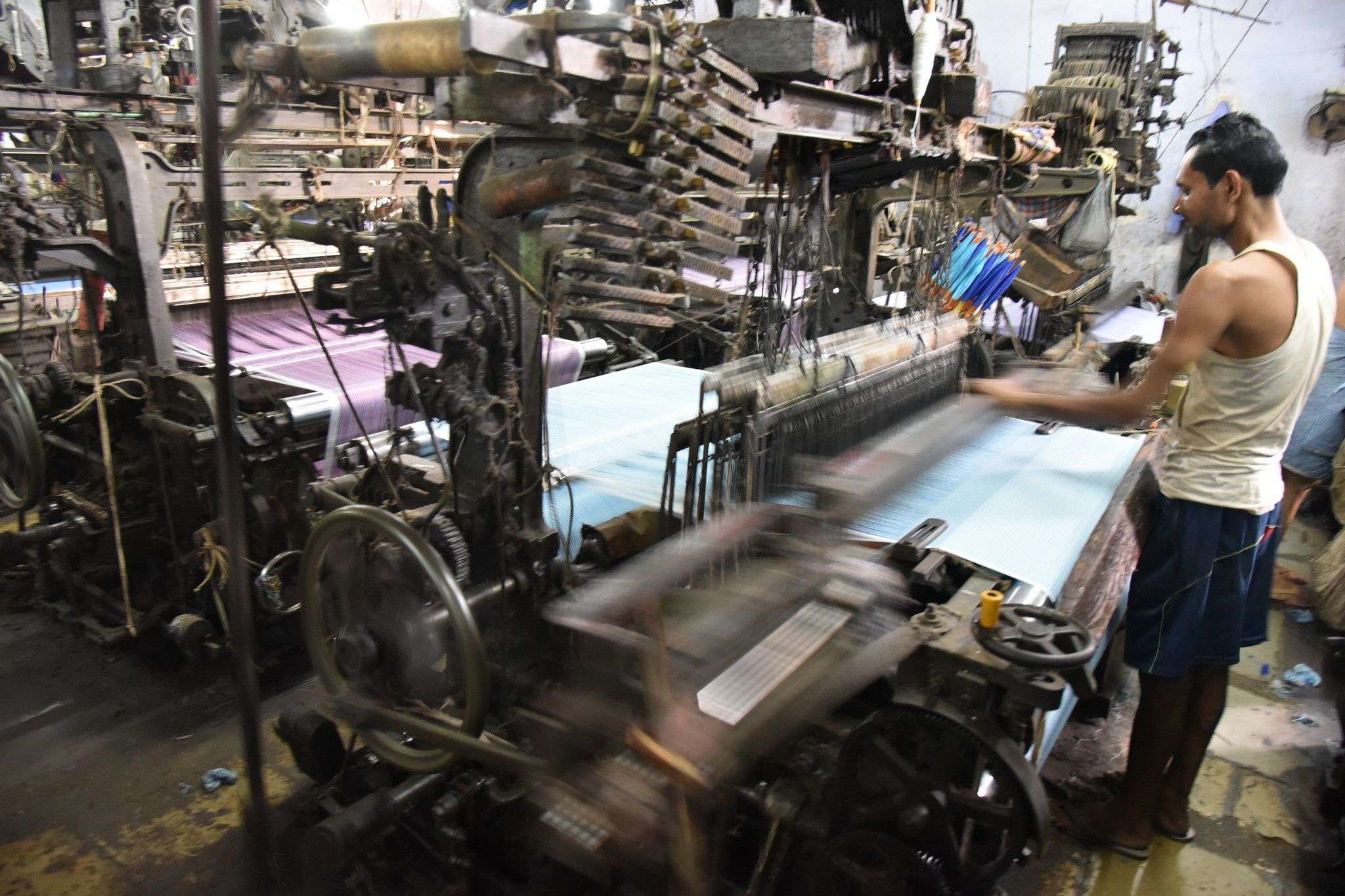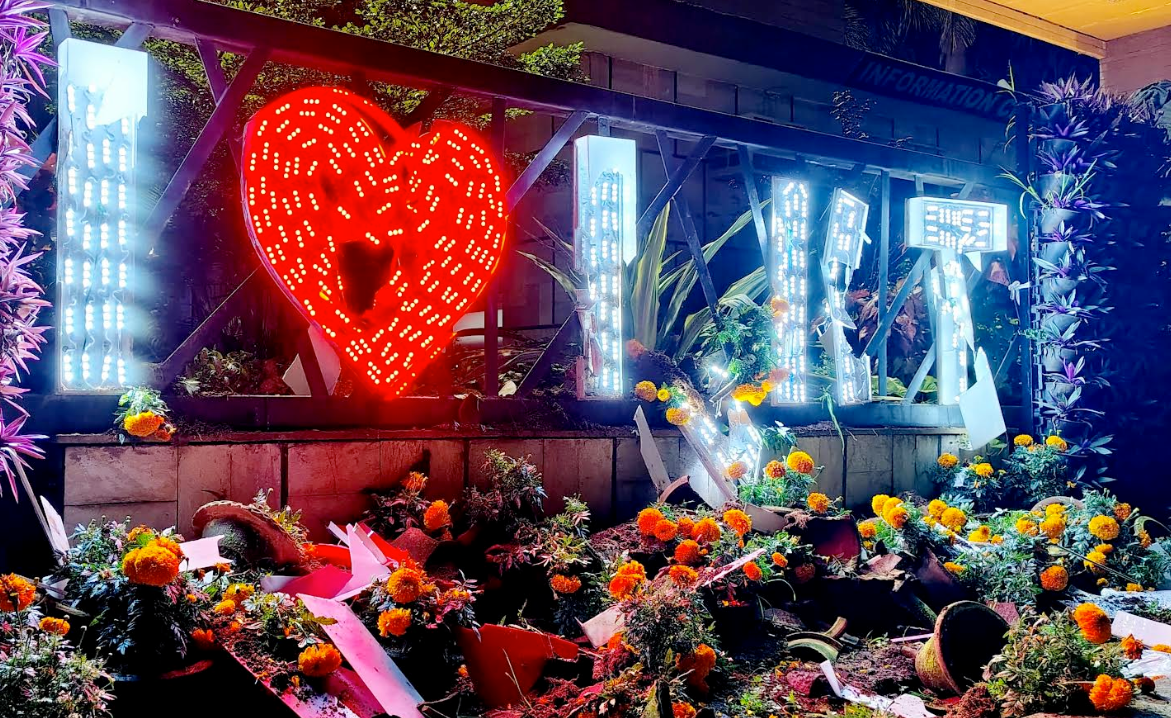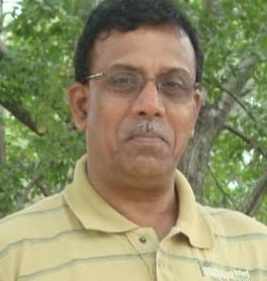How free is free speech

Supreme Court has mostly ruled against govt attempts to restrict this right, right from 1950. The ruling on Allahbadia case will be another test
When the Constitution came into force on Jan 26, 1950, ‘we the people’ had fettered our right to free speech guaranteed under Article 19(1)(a) by “reasonable restrictions’ – libel, slander, defamation, contempt of court, decency and morality and security of state or attempt to overthrow a govt – through Article 19(2).
A month later, Madras govt on March 1, 1950, under Madras Maintenance of Public Order, banned sale and distribution of a Mumbai news weekly CrossRoads within the state as it had published an article on police violence in Salem prison resulting in death of ‘communist’ prisoners.

Publisher Romesh Thappar moved the Supreme Court directly terming the order an infringement of the right to free speech.
Read the full story on TOI+.
Disclaimer
Views expressed above are the author’s own.
END OF ARTICLE






